New type 1 diabetes screening pilot program launches in St George Hospital
A pilot program identifies children at risk of developing type 1 diabetes through a simple and free newborn test in hospital. Find out more about the roll out for parents and babies.
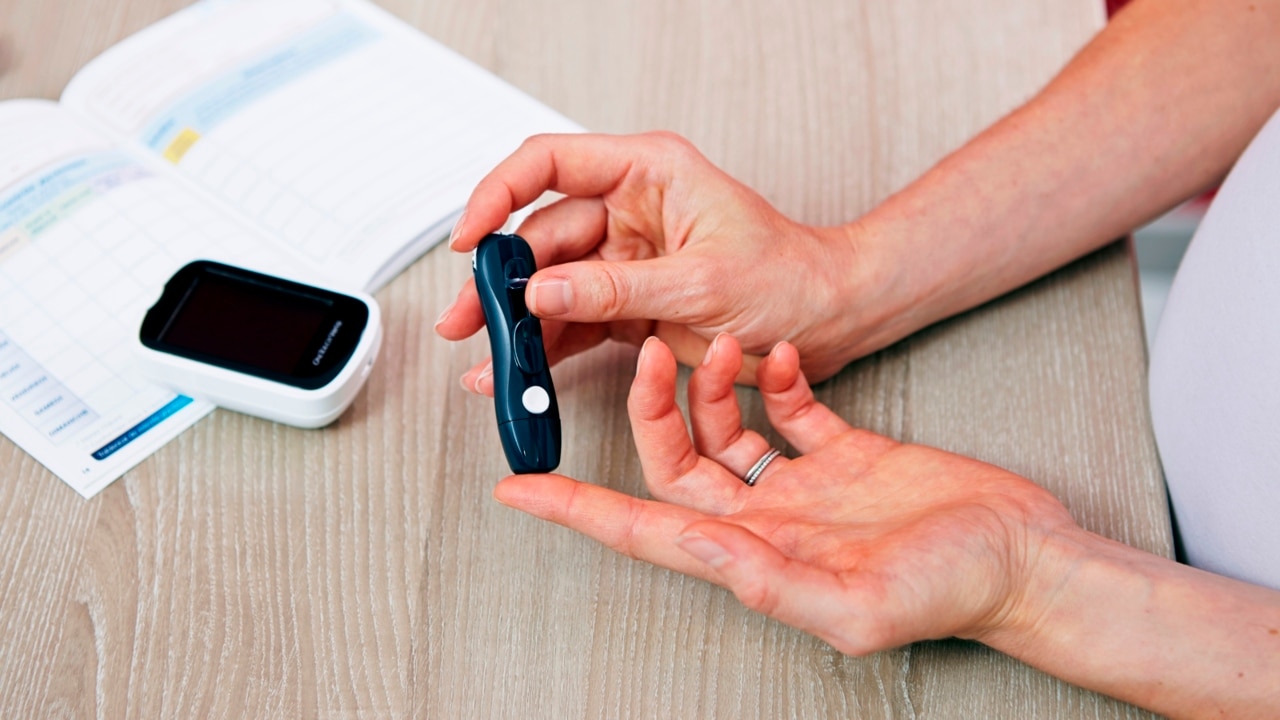
A simple heel prick on a newborn will tell parents if their child is at risk of developing type 1 diabetes after a new national screening program was launched in St George Hospital this week.
The pilot program identifies children at risk of developing type 1 diabetes through the test completed soon after birth in hospital, therefore minimising the chance of serious immediate and long-term health complications.
Type 1 diabetes is a lifelong auto-immune disease that occurs when the immune system mistakenly attacks the insulin-producing cells in the pancreas.
Insulin helps the body convert glucose from food into fuel, and without it, glucose can build up in the bloodstream to dangerous levels.
Dr Kirstine Bell, who led the development of the Type 1 Diabetes National Screening Pilot program at the University of Sydney, recently gave birth to her son Harry at St George Hospital.
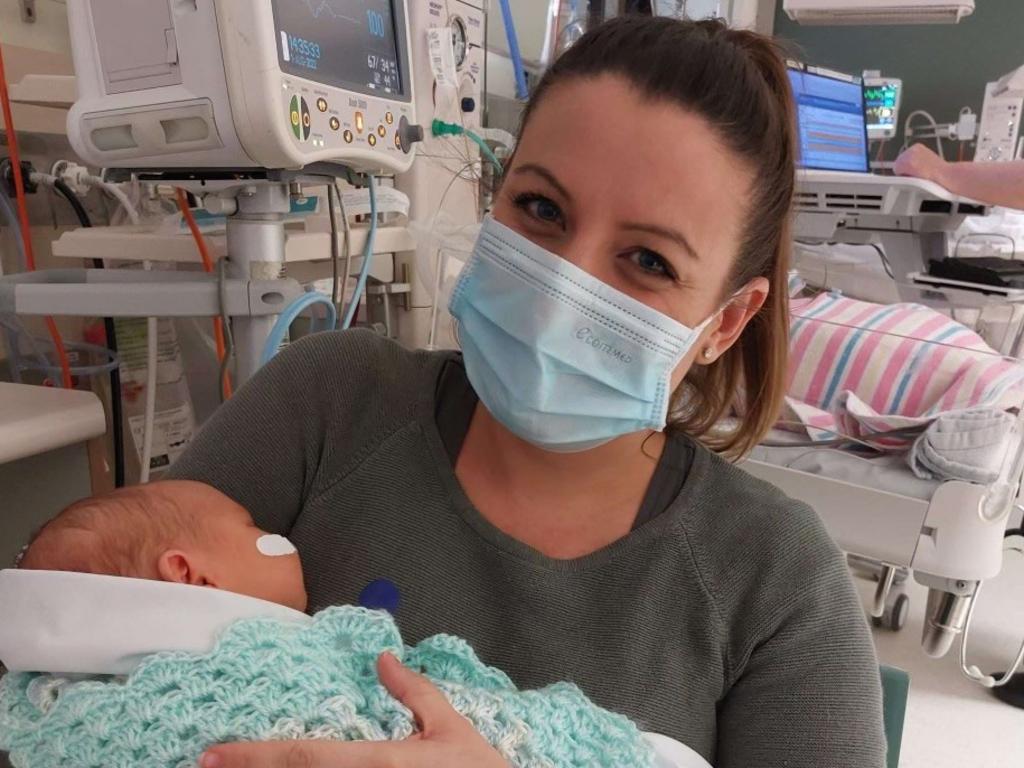
She said she “jumped” at the opportunity to have her son screened so she would know whether type 1 diabetes would be a condition she would have to plan for in the future.
“The test is simple,” Dr Bell said. “It was a no-brainer for me, so I had peace of mind.
“Babies born at St George Hospital will all be offered a simple heel prick test, done when the usual newborn bloodspot screening test is collected.
“The test will then be analysed to determine if they are at risk of developing type 1 diabetes later in childhood”.
For the majority of babies, early screening for type 1 diabetes will show a low chance of developing the condition.
Children who are identified as having an increased risk will be notified and invited for regular follow up testing to monitor for very early signs of the condition.
For these families, the simple test can provide significant benefit, providing a pathway for earlier diagnosis and improved long-term health outcomes.
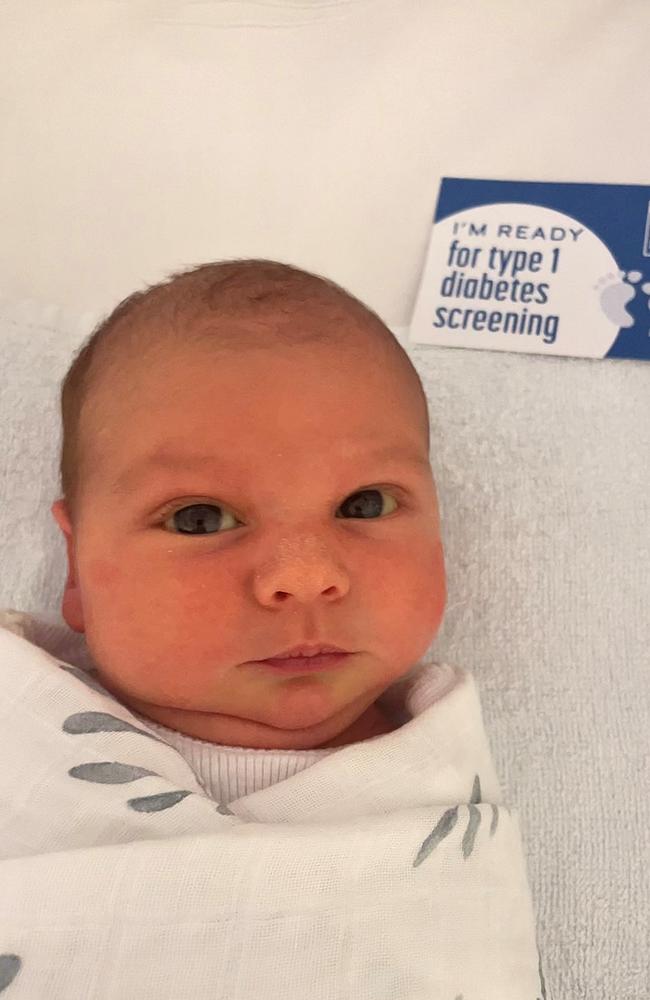
Associate Professor Amanda Henry who is an obstetrician leading the roll out of the pilot in St George Hospital said the test gave parents the advantage of early detection.
“Early signs of type 1 diabetes are often vague and can be missed or confused with other minor childhood concerns,” she said.
“As a result, at least one in three Australian children with type 1 diabetes are not diagnosed until they require emergency medical care in intensive care units.
“Screening at birth has been shown to support earlier diagnosis before the child becomes seriously unwell.
“While there is no cure yet for the disease, early detection can prevent serious health problems and support a better prognosis and long-term management of the condition.”
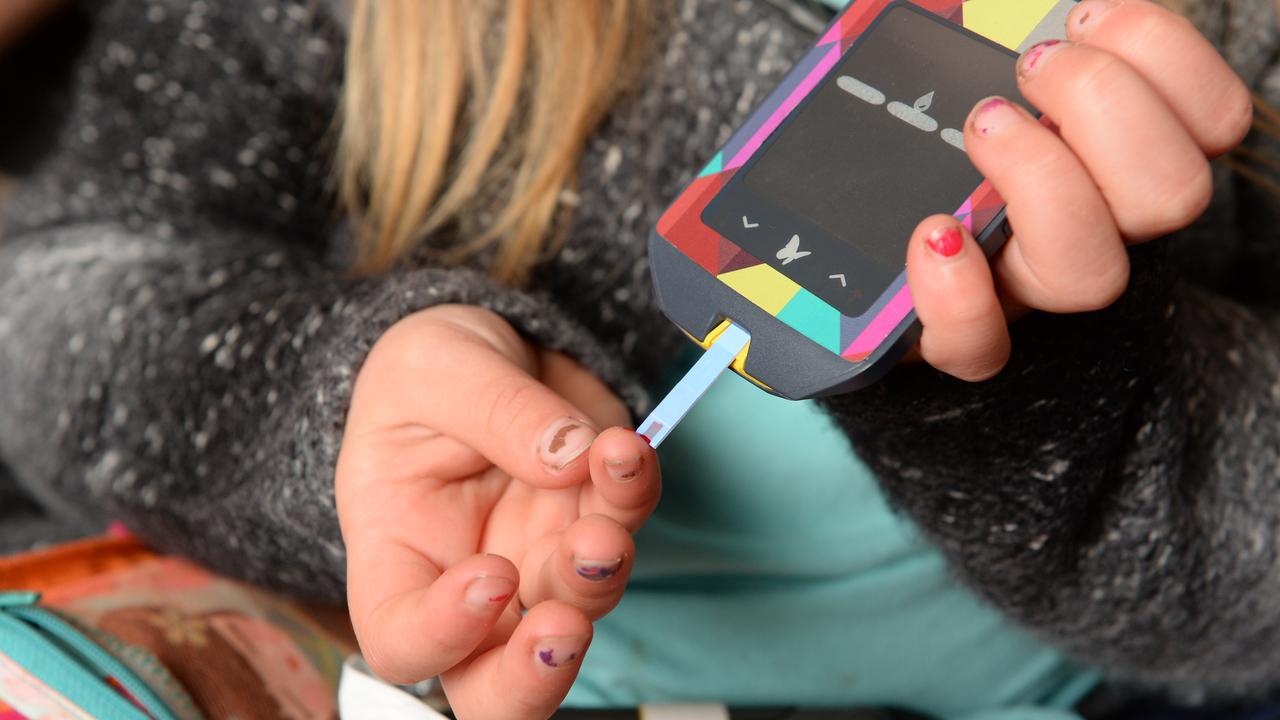
While 90 per cent of those diagnosed have no family history of type 1 diabetes, a genetic risk of developing the condition can still be detected through screening.
It is therefore vital that all babies are screened to determine if they are at risk.
Julie Klimek from Sydney whose daughter has type 1 diabetes said that access to the screening pilot would have been beneficial for her family so they could prepare for her diagnosis.
“When Emily was two years old she was wetting the bed and waking up for drinks at night,” she said. “I was a nurse and took her to the GP thinking she had type 1 diabetes but the doctor didn’t believe me.
“I made the doctor do the test and she was at high risk before we went to The Children’s Hospital at Westmead and she was diagnosed with type 1 diabetes.
“This news was quite difficult and traumatic for my family as we had to adapt to a new normal overnight.”
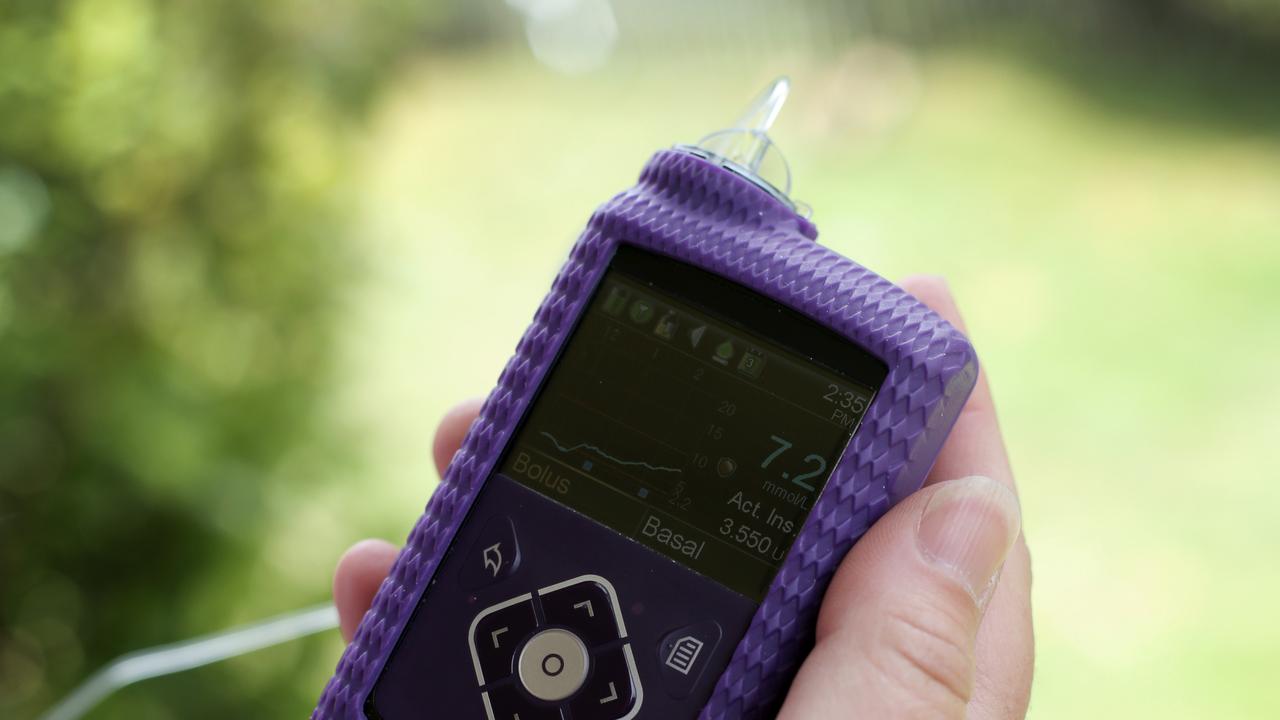
Mrs Klimek was thankful she was a nurse and had the confidence to request the but fears other parents with no medical knowledge could have their child end up in ICU.
That is why she encourages parents to opt for the free and simple test.
“Fortunately, I am a nurse and was used to giving injections, but my husband had to learn about type 1 diabetes and how to give insulin,” Mrs Klimek said.
“Had screening been available when Emily was younger, we could have prepared ourselves and learnt more about the condition and how to care for her.
“It would have been less of a shock”.
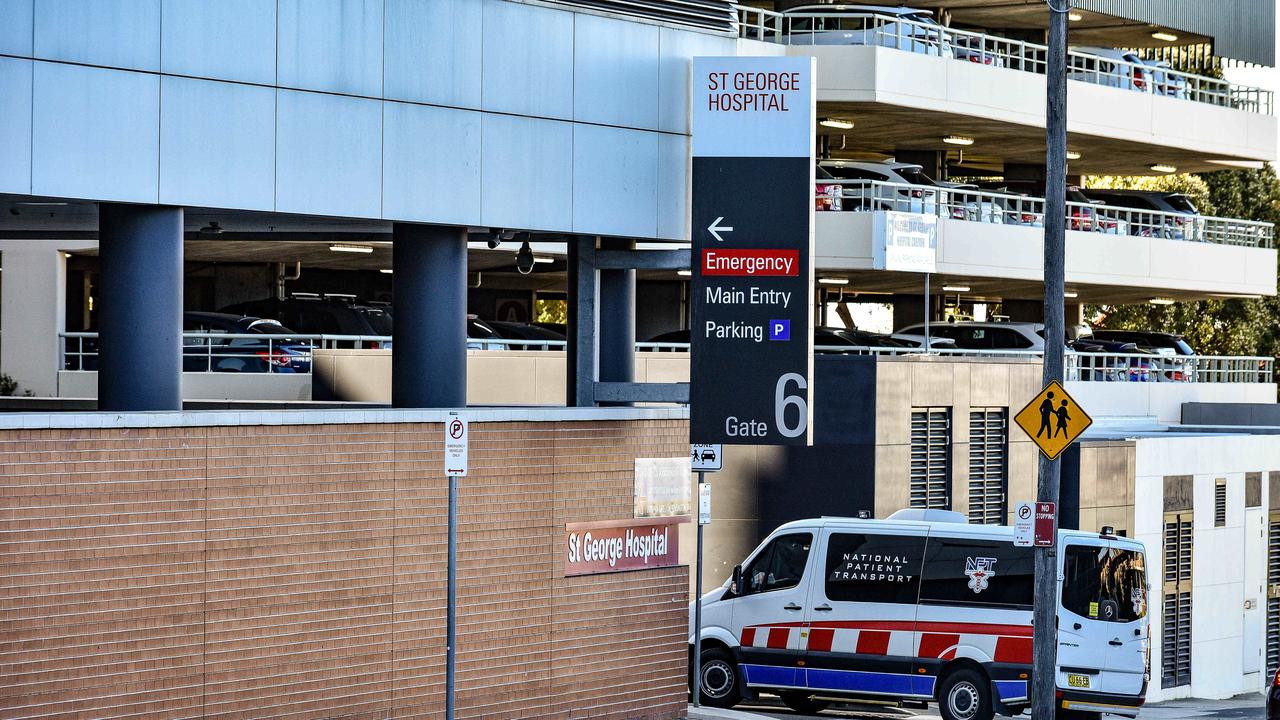
Dr Bell is encouraging all families to take advantage of the test, with the hope the national screening program can be offered throughout Australia in the future, and ultimately become part of routine childhood bloodspot screening.
The Type 1 Diabetes National Screening Pilot is being rolled out in several locations across the country with screening available to all parents who have a baby born in St George Hospital from today.
More Coverage
Originally published as New type 1 diabetes screening pilot program launches in St George Hospital




